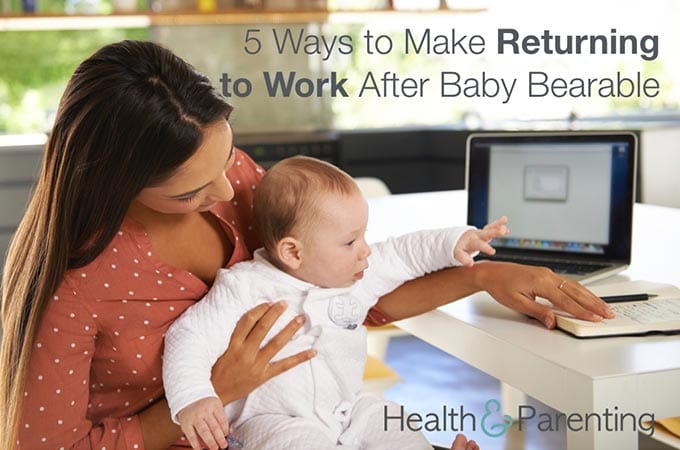You know you work hard all day – childcare, housekeeping, and maybe even paid employment on top of it all. It’s not easy, and it’s often thankless. While motherhood does come with its own rewards, what if you were rewarded in terms of a paycheck?
Here’s the median annual salary (in 2014 US dollars) for a number of jobs moms routinely perform (taken from a recent survey by salary.com):
- CEO $167,900
- Psychologist $81,000
- Facilities Manager $65,800
- IT / Computer Tech $34,200
- Cook $29,200
- Van Driver $28,400
- Day Care Teacher $26,700
- Housekeeper $21,200
- Janitor $21,100
- Laundry Operator $21,000
If you calculate the number of hours at each of these jobs during a regular work week (including overtime pay), stay-at-home moms would earn an average of US$118,000 annually, and working moms would earn an average of US$70,000 annually in addition to their pay from their out-of-home employment. Add to that other family jobs you might do – nurse, accountant, administrative assistant, logistics supervisor – and you would probably make even more!
Studies about how moms work have found that stay-at-home moms work about 90 hours each week, mainly doing the tasks for the jobs listed above. For moms who are employed outside the home, 50 hours per week is still devoted to their “mom jobs” in addition to their paid employment.
In the US, 70% of women with children work outside the home, and many of these women are the main breadwinners for their families. While partners are doing more, a disproportionate share of the housekeeping and childcare still falls on moms.
While the pay scale may be different around the world, the fact that moms put in many hours of skilled labor without a paycheck is true nearly everywhere. Take a moment to appreciate yourself and all the work you do. Remind other moms that they are doing a great job, and call your own mom to thank her for the time she put in at all the odd jobs without pay.
Then, remind yourself of the rewards you do get – watching your children learn and grow is sometimes payment enough.
Written by Michelle, childbirth instructor, lactation consultant, and mother to 4 busy kids
This information is not intended to replace the advice of a trained medical doctor. Health & Parenting Ltd disclaims any liability for the decisions you make based on this information, which is provided to you on a general information basis only and not as a substitute for personalized medical advice. All contents copyright © Health & Parenting Ltd 2016. All rights reserved.












